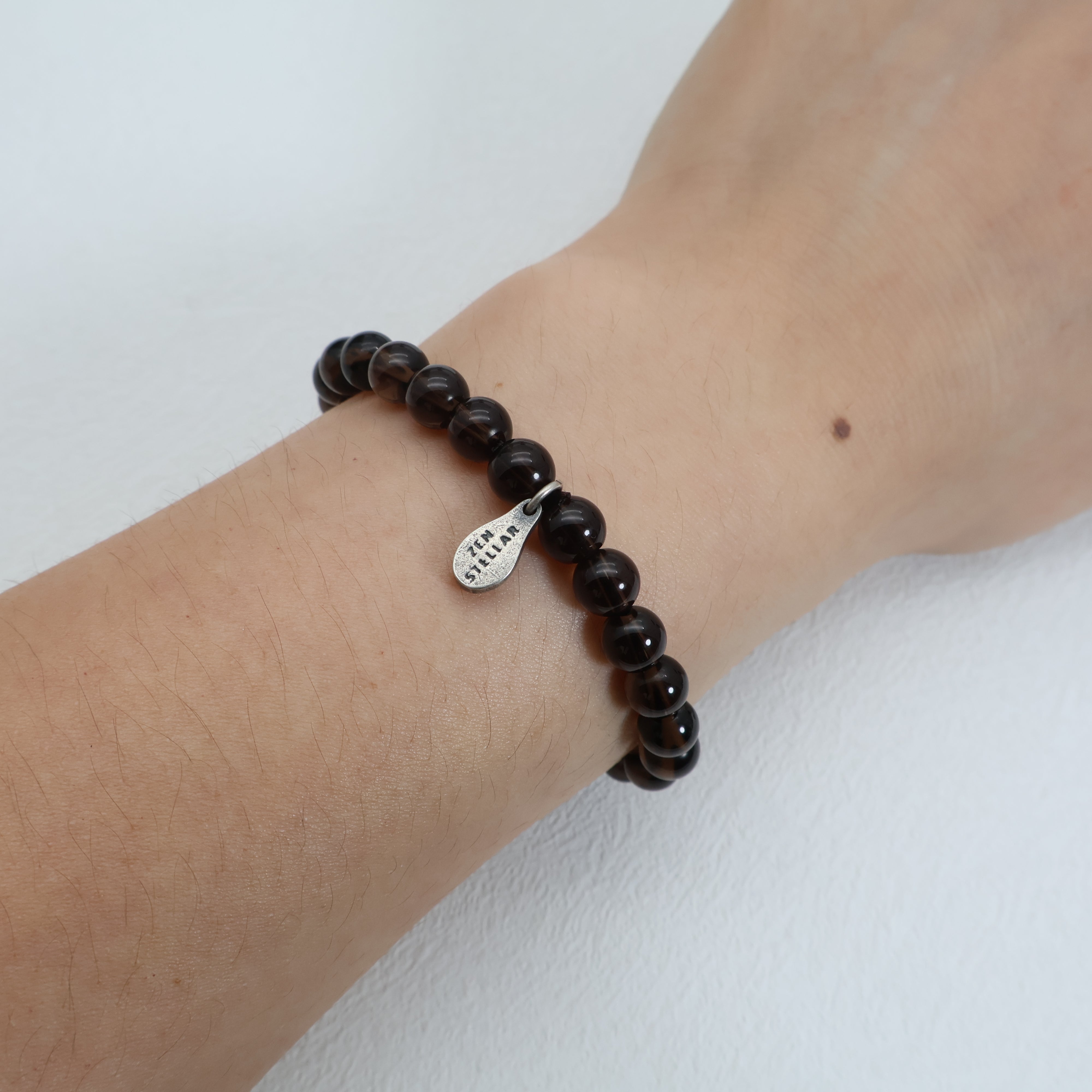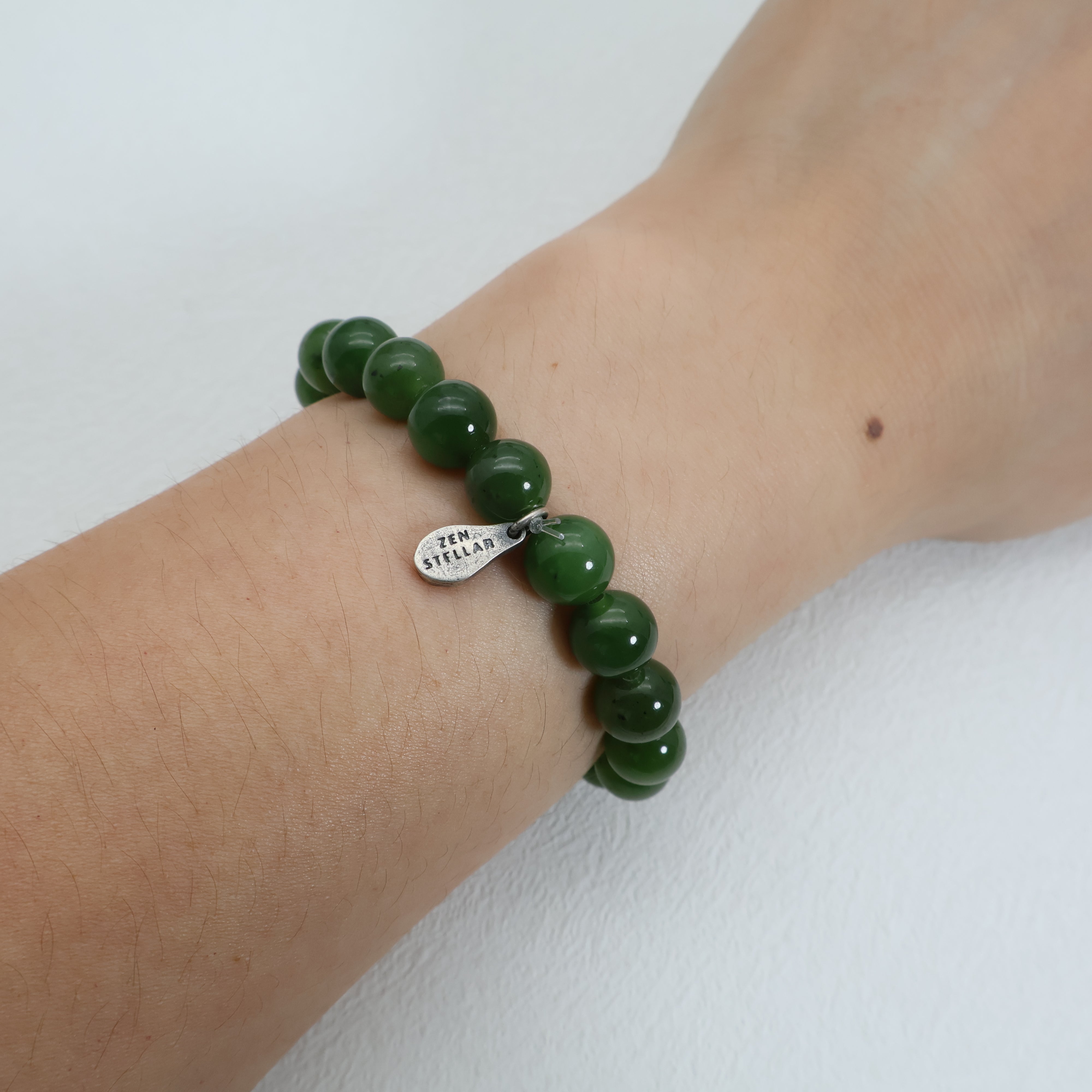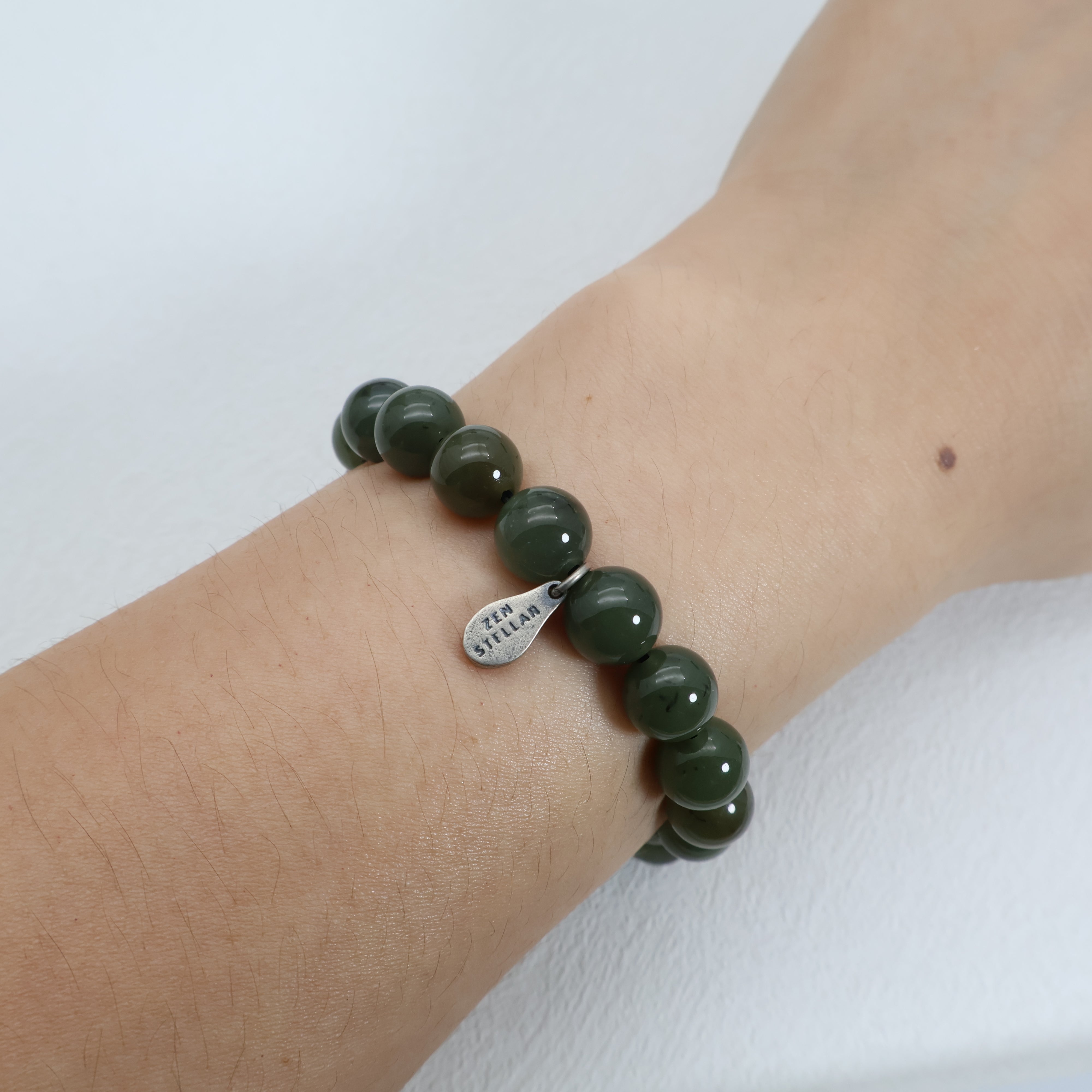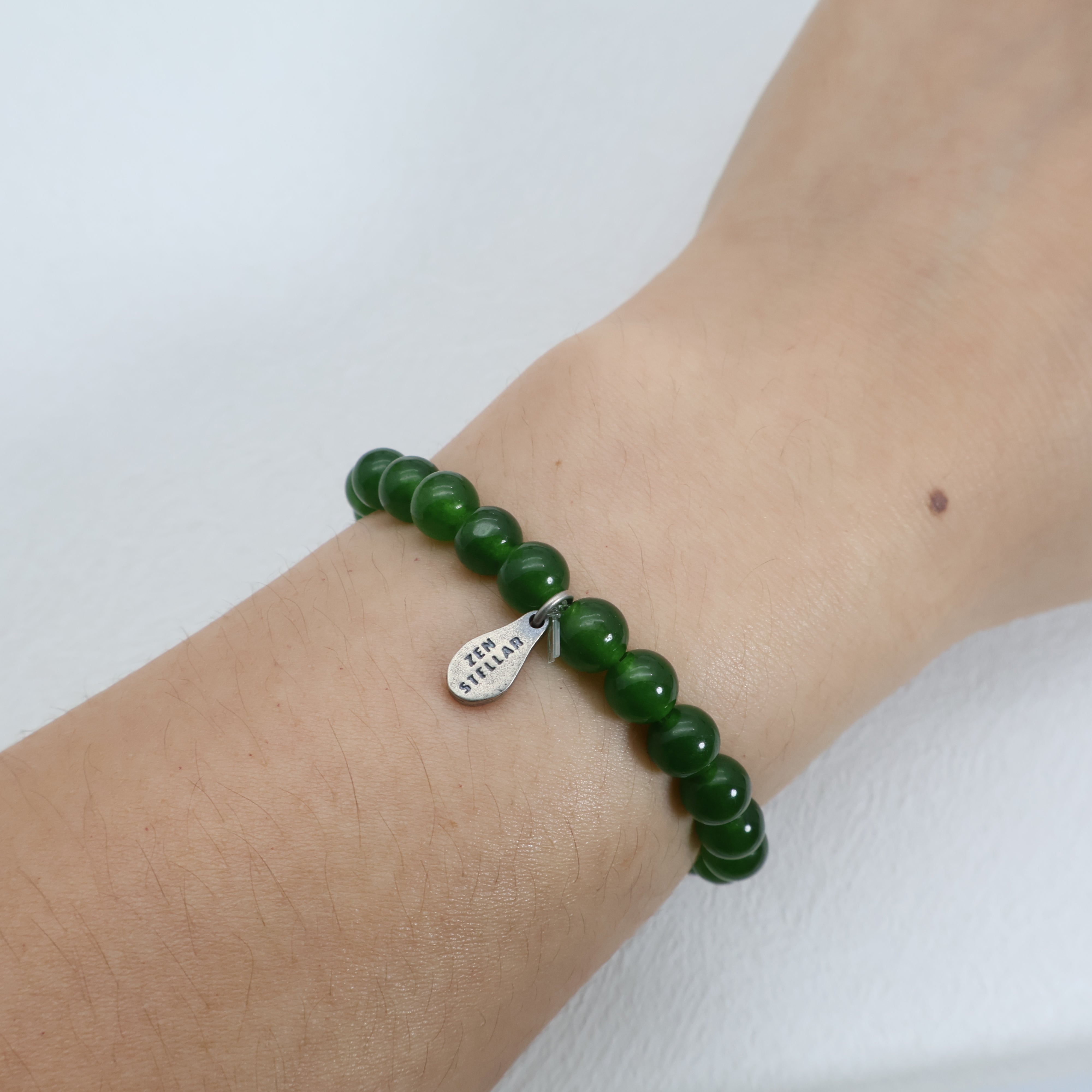

Introduction Second House
In the intricate world of astrology, the Second House holds a place of significant importance. Often referred to as the House of Wealth and Material Possessions, it governs our finances, personal resources, and sense of value. Understanding the Second House can provide valuable insights into our relationship with money, our material needs, and our intrinsic sense of self-worth. In this blog post, we will explore the depths of the Second House, examining its influence on our financial stability, values, and the way we manage our resources.
The Basics of the Second House
The Second House is traditionally associated with the sign Taurus and its ruling planet Venus. This association emphasizes the house's connection to material abundance, sensual pleasures, and the things that bring us comfort and security. Located immediately after the First House of Self, the Second House represents the next step in our astrological journey: establishing a foundation of material and emotional security.
Key Themes of the Second House
- Financial Stability and Wealth
- Material Possessions and Assets
- Personal Values and Self-Worth
- Income and Earning Potential
- Spending Habits and Financial Management
Financial Stability and Wealth
One of the primary concerns of the Second House is financial stability. This house reveals our approach to earning money, our attitudes toward wealth, and our ability to manage our resources effectively.
Income and Earning Potential
The Second House provides insights into how we generate income and our potential for financial success. The sign on the cusp of the Second House, along with any planets present, can indicate our natural talents and the most effective ways for us to earn money. For instance, a Taurus Second House might suggest a steady and patient approach to building wealth, while a Gemini Second House could indicate multiple sources of income and a knack for communication-based professions.
Spending and Saving Habits
Our spending and saving habits are also influenced by the Second House. This house can reveal whether we are inclined to be frugal and cautious with our money or if we tend to be more extravagant and impulsive in our spending. Understanding these tendencies can help us develop better financial habits and ensure long-term stability.

Material Possessions and Assets
The Second House governs our relationship with material possessions and the things we value. It reflects our desire for comfort, luxury, and the tangible items that enhance our quality of life.
The Value of Possessions
The Second House is not just about accumulating wealth; it is also about appreciating what we have. This house encourages us to reflect on the value of our possessions and how they contribute to our overall sense of security and well-being. It asks us to consider what truly brings us joy and satisfaction, beyond mere material accumulation.
Collecting and Hoarding
Planets and signs in the Second House can influence our tendencies to collect or hoard items. For example, a Cancer Second House might lead to a sentimental attachment to possessions, while an Aquarius Second House could indicate a more unconventional or minimalist approach to material goods. Understanding these tendencies can help us strike a balance between enjoying our possessions and avoiding unnecessary clutter.
Personal Values and Self-Worth
At its core, the Second House is deeply connected to our personal values and sense of self-worth. It reflects how we perceive our own value and how this perception influences our financial and material decisions.
Self-Worth and Financial Success
There is a strong correlation between self-worth and financial success in the Second House. Individuals with a healthy sense of self-worth are often more confident in their abilities to earn money and manage their resources. Conversely, those with lower self-esteem may struggle with financial instability or undervalue their contributions. Building a positive self-image is crucial for harnessing the full potential of the Second House.
Aligning Values with Actions
The Second House challenges us to align our financial and material actions with our core values. It encourages us to make choices that reflect what is truly important to us, rather than being swayed by external pressures or societal expectations. By staying true to our values, we can create a more authentic and fulfilling life.

The Influence of Planets in the Second House
The presence of planets in the Second House can significantly impact its expression. Each planet brings its unique energy and influence, shaping our relationship with money, possessions, and self-worth.
Sun in the Second House
The Sun in the Second House often indicates a strong focus on financial success and material security. Individuals with this placement are likely to derive a sense of identity and purpose from their ability to generate wealth and accumulate possessions. They may have a natural talent for business and a keen eye for valuable opportunities.
Moon in the Second House
The Moon in the Second House suggests an emotional connection to material possessions and financial stability. Individuals with this placement may find comfort and security in their belongings and financial status. They are likely to be intuitive when it comes to managing their resources and may have fluctuating financial fortunes based on their emotional state.
Mercury in the Second House
Mercury in the Second House indicates a clever and resourceful approach to earning money. These individuals are likely to excel in communication-based professions and may have multiple streams of income. They are adept at negotiating deals and finding innovative ways to boost their financial stability.
Venus in the Second House
Venus in the Second House is a classic placement for financial luck and material comfort. These individuals often have a natural talent for attracting wealth and may enjoy the finer things in life. They value beauty, luxury, and sensual pleasures, and are likely to spend money on items that enhance their sense of well-being.
Mars in the Second House
Mars in the Second House brings a dynamic and assertive approach to financial matters. These individuals are driven to succeed and are not afraid to take risks to achieve their goals. They may experience financial ups and downs due to their bold and sometimes impulsive nature.
Jupiter in the Second House
Jupiter in the Second House is often associated with financial abundance and generosity. These individuals are likely to experience periods of significant financial growth and may have a positive attitude towards money. They are generous with their resources and may attract wealth through their optimistic and expansive outlook.
Saturn in the Second House
Saturn in the Second House suggests a disciplined and cautious approach to financial matters. These individuals are likely to be prudent with their money and may experience delays or challenges in achieving financial stability. However, their hard work and perseverance often lead to long-term success and security.
Uranus in the Second House
Uranus in the Second House brings an unconventional and innovative approach to finances. These individuals may experience sudden changes in their financial situation and are likely to seek unique ways to earn money. They may be drawn to technology, entrepreneurship, or other unconventional fields.
Neptune in the Second House
Neptune in the Second House can indicate a dreamy and idealistic approach to money and possessions. These individuals may struggle with financial boundaries and may need to be careful to avoid deception or unrealistic financial expectations. They are often drawn to creative or spiritual pursuits that align with their values.
Pluto in the Second House
Pluto in the Second House suggests a transformative approach to financial matters. These individuals may experience significant changes in their financial status throughout their lives and are likely to be driven by a desire for power and control over their resources. They may have a talent for uncovering hidden opportunities and transforming their financial situation.

Challenges and Growth Opportunities
The Second House, like all astrological houses, presents both challenges and growth opportunities. Recognizing and addressing these challenges can help us harness the positive aspects of this house and achieve greater financial and personal stability.
Overcoming Financial Insecurity
One of the primary challenges of the Second House is overcoming financial insecurity. Whether due to external circumstances or internal beliefs, financial instability can be a significant source of stress. Developing a healthy relationship with money, creating a budget, and building an emergency fund are practical steps to enhance financial security.
Balancing Material and Emotional Needs
Another challenge is finding a balance between material and emotional needs. While the Second House emphasizes the importance of financial stability, it also reminds us that true security comes from within. Cultivating self-worth and aligning our financial actions with our values can help us create a more balanced and fulfilling life.
Conclusion
The Second House in astrology offers profound insights into our relationship with money, possessions, and self-worth. It challenges us to develop a healthy and balanced approach to financial matters, aligning our actions with our core values. By exploring the Second House, we can gain a deeper understanding of our financial habits, build greater stability, and create a life that reflects our true values and priorities.
Astrology, with its rich and complex framework, provides a valuable tool for self-discovery and personal development. The Second House, as the domain of wealth and values, holds the key to understanding our material needs and achieving a sense of security and fulfillment. By embracing the lessons of the Second House, we can navigate our financial journey with greater awareness and intention, creating a more prosperous and meaningful life.
Frequently Asked Questions About the Second House in Astrology
What does the Second House represent in astrology?
The Second House, also known as the House of Wealth and Material Possessions, signifies our financial stability, personal resources, and values. It reflects how we earn, manage, and perceive money, as well as our relationship with material possessions.
How does the Second House influence financial stability?
The Second House provides insights into our approach to earning money, spending habits, and potential for financial success. It reveals our attitudes toward wealth and our ability to manage resources effectively, based on planetary placements and the sign on its cusp.
What role do planets play in the Second House?
Planets in the Second House significantly influence its expression. For example, Venus in the Second House can indicate a penchant for luxury and financial comfort, while Saturn may suggest a disciplined approach to saving and long-term financial security.
What are some practical tips for improving financial stability through the Second House?
Understanding your Second House placements can help you develop practical financial habits. This includes creating a budget, saving regularly, investing wisely, and aligning your spending with your values to achieve greater stability and security.
How does the Second House relate to personal values and self-worth?
The Second House is deeply connected to our personal values and self-esteem. It challenges us to align our financial decisions with our core values and to recognize that true wealth encompasses emotional well-being and personal fulfillment, not just material possessions.


























































































































































































































































